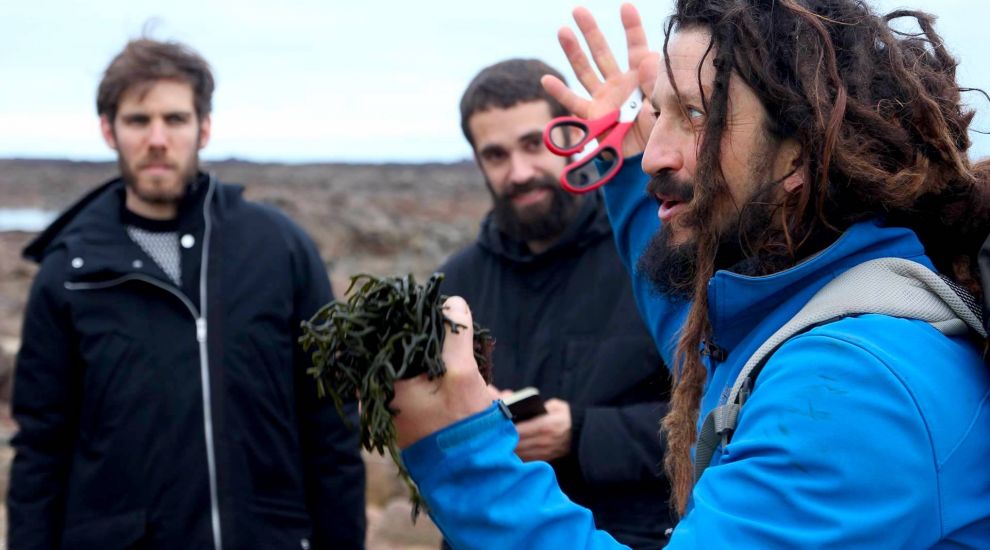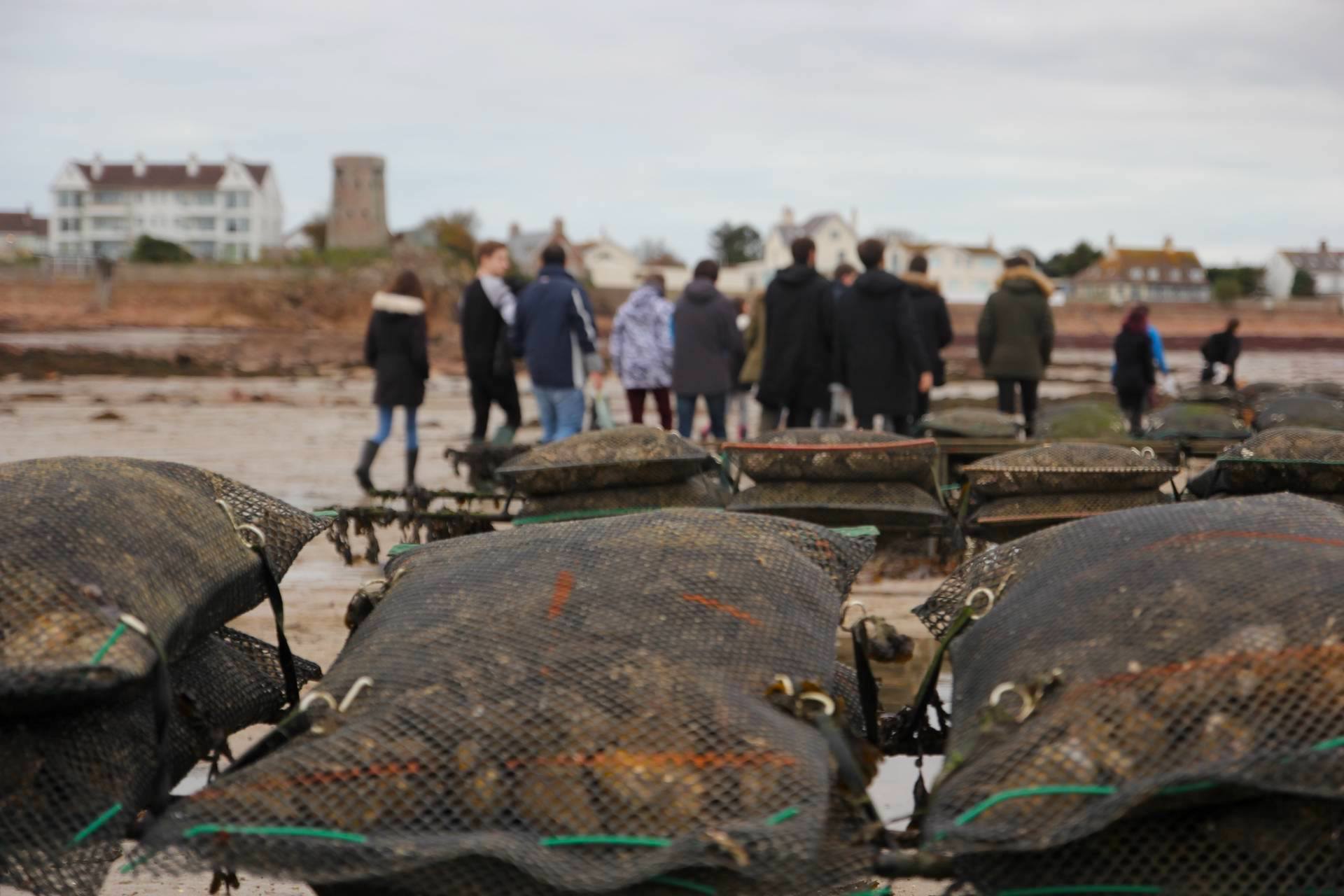

Could the way we eat help to look after the environment? That's the question an artistic duo are trying to answer through their new 'Climavore' diet - and they've paired up with Highlands students to prove that conservation tastes good.
Recently Daniel Fernández Pascual and Alon Schwabe - together known as 'Cooking Sections' - challenged the culinary students to create dishes using seaweed and bi-valve molluscs, which will be available in restaurants next year.
The London-based pair came up with the idea of the Climavore Diet in a bid, "...to envision seasons of food production and consumption that react to climatic events and conservation challenges," and prove that such a diet is both possible and tasty.
Their Climavore adventure started three years ago on the Isle of Skye with Atlas Arts. Alon explained: "We wanted to explore how we eat following climate events, such as a drought and how eating patterns could adapt with different situations. With Cooking Sections, we use food to understand landscapes, it is a tool to understand geographical and political transformations."
Pictured: The duo spend a lot of time in the water looking for the yummiest specimens of seaweed and bi-valves.
Cooking Sections were invited to Jersey by The Morning Boat, a programme of public art projects exploring agricultural and fishing practices and the impact they have on people's lives.
They decided to look into the oyster farming traditions, marine management and the ongoing debate surrounding the build-up of sea lettuce.
Their project focuses on seaweeds, kelp and some bi-valve molluscs like mussels, oysters and clams, as crucial agents in the purification of seawater from pollutants and toxins.
Pictured: Alon and Daniel's welcome meal in Jersey.
And it's exactly those ingredients that Highlands students in Culinary Arts and Professional Cookery were tasked with incorporating into their dishes this week. After a low-tide field trip to see the ingredients in their natural habitat, the students were left to their own devices to create scrumptious - and conservative - recipes.
Daniel and Alon presented a few of their own dishes and were available to give a helping hand, but did not intervene. "We are very curious to see what they are going to do. As culinary students, they will be the ones who will inform the next generation of cooks and predict the taste of tourists and islanders. It is important to have this discussion and collaboration with them because it could be shaping the way we eat in the future," Alon said.
Pictured: Highlands students cooking seaweed.
The dishes created by the students will be featured on the menu of a group of select dining and catering establishments, including restaurants, bars, cafes, food trailers, bakeries and beach side huts. This marks the second part of Cooking Sections's project in Jersey, the formation of the Climavore Network. Alon says: "We hope that after taking part in the cooking or after eating one of the Climavore dishes people will start asking the question of what they eat and how it affects their environment. Maybe they will start adapting their eating patterns to climate change and be more responsible and active in the way we all treat the environment."

Pictured: Cooking Sections share their know-how during a beach session with the Highlands team.
The dishes will also be showcased in a public event that will take place next year in February.
Comments
Comments on this story express the views of the commentator only, not Bailiwick Publishing. We are unable to guarantee the accuracy of any of those comments.